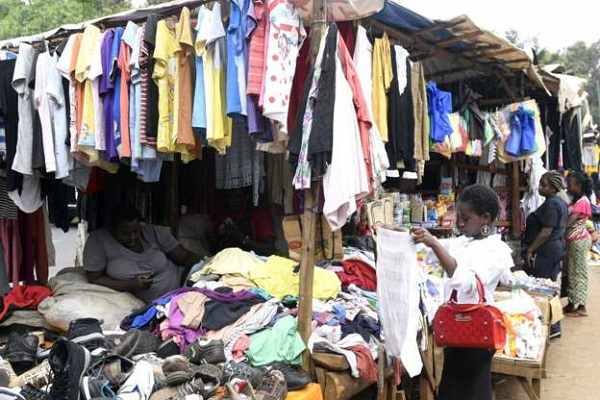Traders specializing in secondhand goods are expressing concern that current prices for items are excessively high.
They note that the price you receive today for a particular item can significantly differ from what you might pay when you return to make another purchase.
This fluctuation can create uncertainty and challenges for both buyers and sellers in the market, making it difficult to anticipate costs and set fair prices.
When you purchase a bill of secondhand goods for 5,000, you may find that the next time you seek to buy a similar lot, the price has risen. Sellers often feel compelled to raise prices to cover additional costs and ensure their profit margins.
This pattern leads to frustration among buyers, who feel they are paying too much for items that should be more affordable.
As a result, many customers express their dissatisfaction, which in turn negatively impacts the overall market for secondhand goods.
This growing discontent causes a decline in patronage, as consumers become wary of inflated prices, further challenging the livelihoods of traders who rely on consistent sales.
The cycle of rising costs and diminishing customer trust creates an unstable environment that hampers the market’s potential for growth.In light of these challenges, traders are urging the government to take action regarding the taxes imposed on secondhand goods.
They argue that the current tax burden significantly affects their ability to maintain fair pricing and competitive sales.
By reducing or reevaluating these taxes, they believe the government could help foster a healthier market, making secondhand goods more accessible to consumers and ultimately boosting trade.
This appeal highlights the need for collaboration between traders and policymakers to create a more supportive economic environment for all stakeholders involved.
Story by : Mercy Addai Turkson




